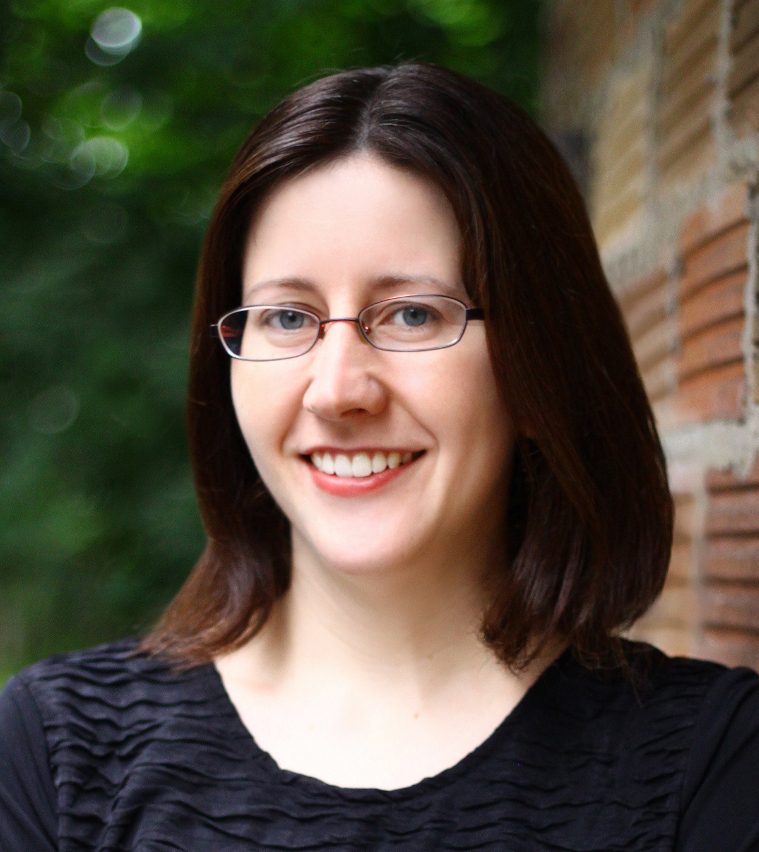Students and Faculty members will soon join the AI Working Group, which will conduct empirical research into artificial intelligence. Following its first meeting this December, the group will work throughout the Spring semester to draft a background paper that will aid the Honor Code Charter Review as it revises AI policy next academic year.
The AI Working Group is led by College third-year Lucas Daley, the Chair and Hearing Coordinator of the Student Honor Committee. Daley emphasized that extensive research on AI was necessary for Oberlin’s AI policy to adjust to the rapid development of AI.
“At the time of the last Charter Review, AI had little to no documented history of classroom use, whether authorized or unauthorized,” Daley said. “As we know, technology develops exponentially and we now have a host of data and analysis to draw on that can inform us a lot better. So the working group aims to synthesize the available information into a digestible format.”
Daley explained that the AI Working Group sought to empirically research applications and policies surrounding artificial intelligence by studying the programs at other academic institutions, but also looking at AI policy within government agencies and the private sector.
“Next fall they’ll have a completed background paper that goes over … analysis of AI cases at Oberlin, current and future applications of AI in class assignments, academic research, professional settings, and then other policies on AI across institutions from other colleges and universities, academic journals, in the private sector, [and] in government,” Daley said.
Associate Dean of Students Thom Julian reiterated the need to review AI policy across academic institutions.
“The goal is for us to create a research benchmark to learn what other schools may be doing well, what things that they may be struggling with, so we can kind of go into the next honor code review cycle with the most fully informed decision[s],” Julian said.
Daley clarified that the last revision to the Honor Code’s AI policy was implemented in May 2023 in response to the growing prevalence of ChatGPT. The Oberlin Charter Review is updated every three years.
The May 2023 Oberlin Honor Code provision on what counts as cheating with AI states: “utilizing artificial intelligence or other related programs to create or assist with assignments or on the behalf of a student unless otherwise specified by the faculty member and/or the Office of Disability & Access.”
When asked how the research of the AI Working Group would inform the Honor Code, Daley explained that the working group would provide the Honor Code Charter Review Committee with a paper summarizing their findings. The main output of this project will be a background paper that will be presented to the Honor Code Charter Review Committee.
The Honor Code Charter Review Committee is composed of select representatives of the Student Honor Committee, Faculty Honor Committee, Student Senate, and other bodies. The changes they recommend must be approved by General Faculty.
Julian similarly emphasized that further AI research was necessary due to the constantly accelerating development of AI.
“AI identification software is not as fully developed as even plagiarism detection software,” Julian said. “And that’s something that we continue to navigate as well.”
Daley emphasized the importance of utilizing updated language on AI that can be clearly understood by administrators, professors, and students.
“The honor code is not written only by computer science majors, so it’s important to summarize this information so that people can use it to make informed decisions so that we can have the most fair and equitable honor code possible,” Daley said.
Correction:
A previous version of this article contained numerous factual errors.
The article reported that the AI working group will provide recommendations on policy. This is not true. The group will write a background paper on AI usage for the Honor Code Charter Review Committee, but the working group will not make any formal recommendations.
The article also said that the AI working group is composed of Faculty Honor Committee and Student Honor Committee members. The group also includes faculty and students who are not members of either group.
The article stated that the AI working group will meet for several weeks, and the Charter Review Committee will meet next semester. The AI working group will first met this December and work throughout the spring semester. The Charter Review Committee will meet next academic year.
Finally, the Honor Code Charter Review Committee was erroneously called the Student Honor Committee in two instances. The Charter Review Committee is composed of select representatives of the Student Honor Committee, Faculty Honor Committee, Student Senate, and other bodies. It is solely responsible for drafting changes to the Honor Code for approval by the General Faculty.
The Review regrets these errors.









